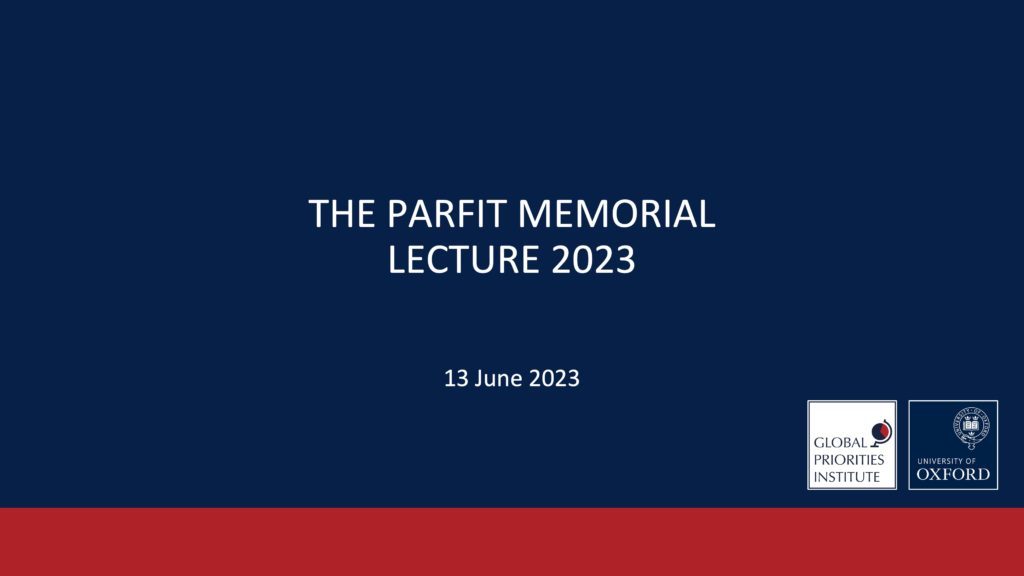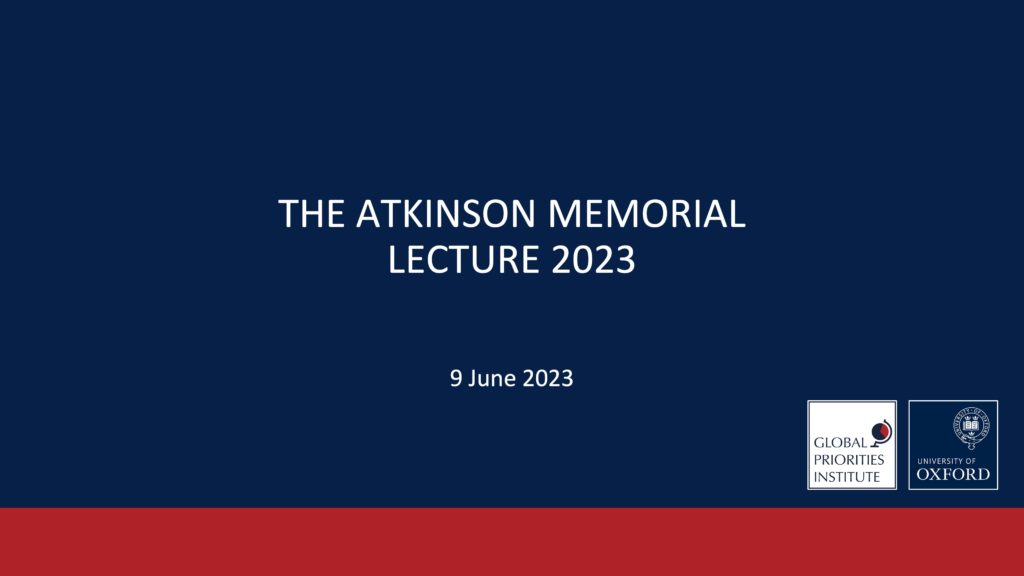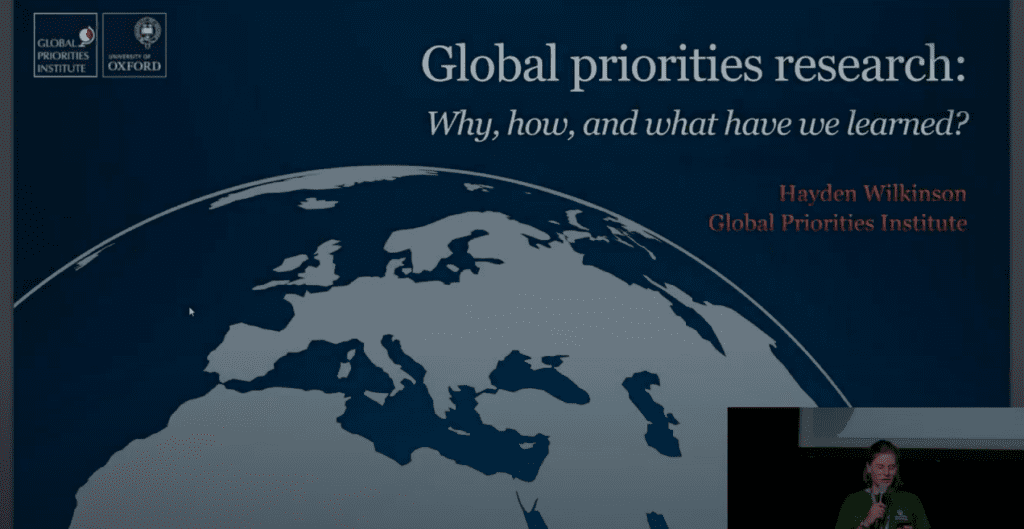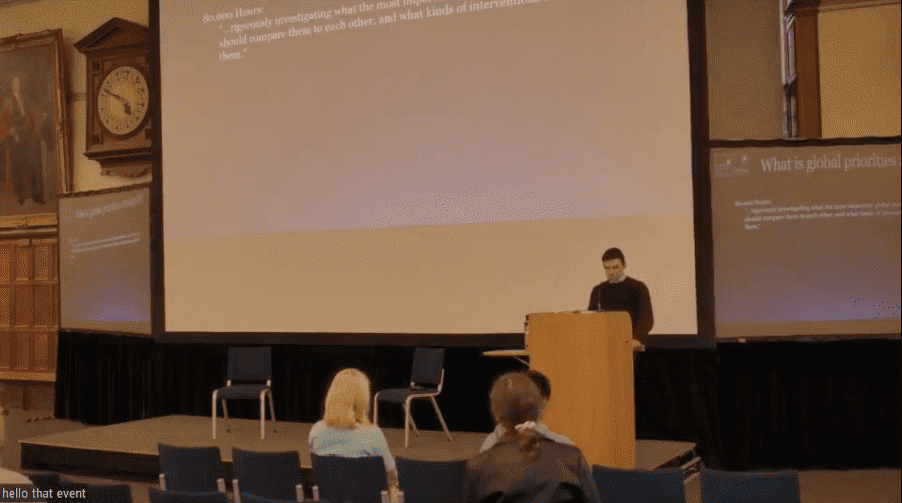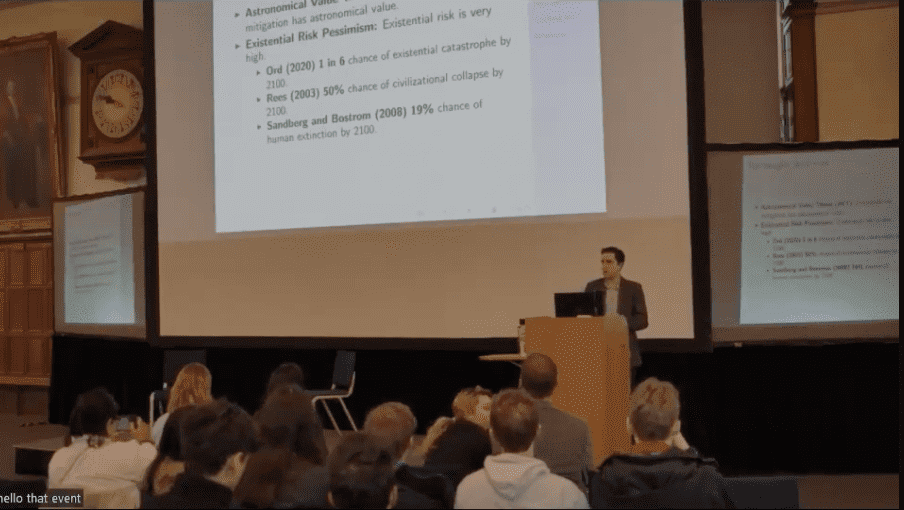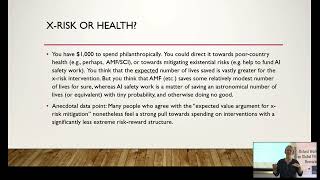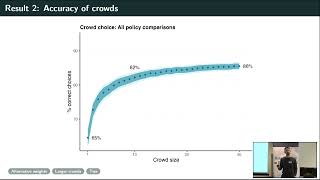Katie Steele | Reasons and Caution in Moral Deliberation
Many think moral decisions should err on the safe side: that caution provides a moral reason for choice. Under what reading(s) of ‘caution’ is that convincing? If ‘caution’ stands for describing and valuing the consequences of actions in the morally right way, then it provides a moral reason for choice, but trivially so. What about a more distinct version of ‘caution’– to do with decision making under uncertainty? The prime candidate is risk aversion. I argue, however, that risk aversion in the various ways it is ordinarily understood is not a convincing moral reason for choice. This has important implications for personal deliberations and public debate. I develop an alternative way to understand ‘caution’ under uncertainty as a moral reason for choice. It depends on there being an aspirational benchmark or reference point which rightly transforms the relative expected gains and losses of our actions.
Katie Steele | Reasons and Caution in Moral Deliberation Read More »

